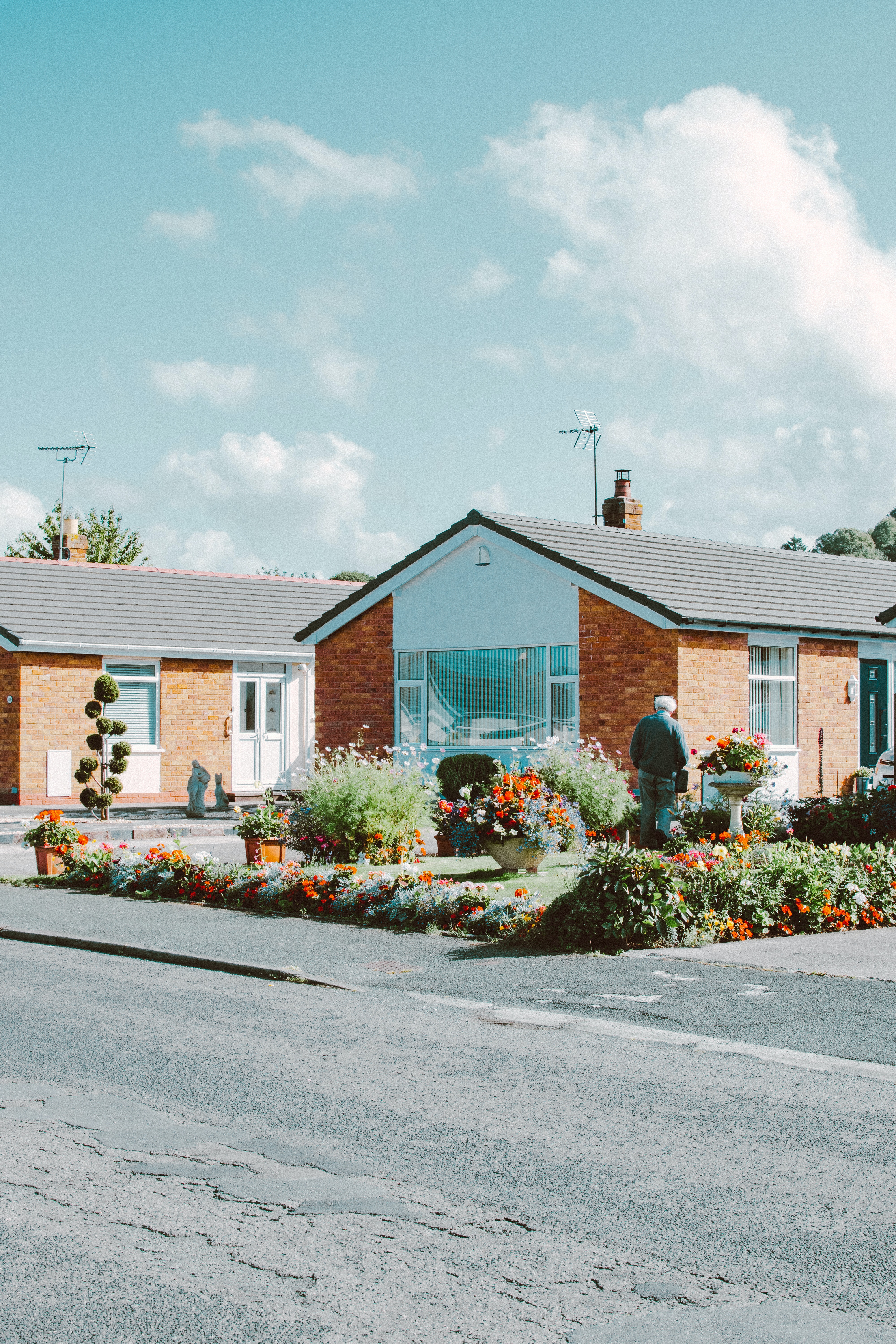Dr Danielle Taylor is a Postdoctoral Research Fellow with the NHMRC Centre of Research Excellence in Frailty and Healthy Ageing at the University of Adelaide. She is a Health Geographer with an interest in age-friendly environments and tweets at @DTaylor_SA. Professor Renuka Visvanathan is Director of the University of Adelaide’s GTRAC and leader of the NHMRC Centre for Research Excellence in Frailty and Healthy Ageing. She is also a member of the World Health Organization’s Clinical Consortium of Healthy Ageing.
Neighbourhood characteristics – from the location of medical services and how much green space there is, to the number of people involved in volunteer activities – can have a significant impact on older people’s ability to age successfully at home.
Research using the newly developed Healthy Ageing/Vulnerable ENvironment (HAVEN) Index - a geographic index that combines social, economic and physical environment measures to assess the age-friendliness of local postcode areas - has found that older residents in Adelaide, South Australia, seeking aged care services, were both more likely to live longer and less likely to transition into permanent residential aged care if they lived in an area that the HAVEN Index identified as age-friendly.
The results took account of the age, gender and the individual frailty index score of each of the 16,944 study participants. So, it showed that two people with the same age, gender and frailty index score, living in neighbourhoods with different HAVEN Index values, had different risks of mortality and transition into permanent residential aged care.
With populations around the world ageing rapidly, and most older people wanting to age in their own homes and communities, our findings suggest that identifying areas that are vulnerable and improving neighbourhood environments to make them more age-friendly, may support older people to remain at home for longer as they get older.
Geographic targeting of areas for improvement, identified by the HAVEN Index, would help to reduce ageing inequalities between areas and support the most efficient use of resources, by targeting investments in extra services and improvements, where they are needed most.
Another benefit of neighbourhood-focused improvements is that they may deliver lasting changes that can support the improved health of future generations.
Developing geographic tools such as the HAVEN Index can give decision-makers, planners and local area advocates insights into the local conditions that may be a threat to healthy ageing, and that is a vital first step towards creating a more age-friendly world.

